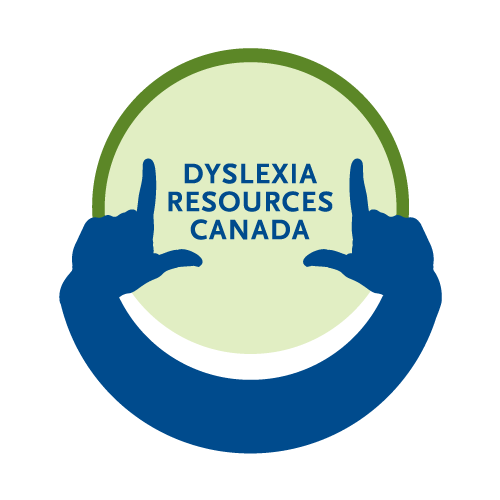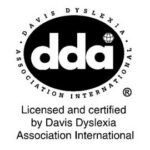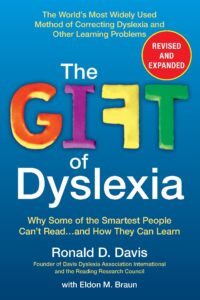“Most brain research into dyslexia and reading focuses on dyslexic children and adults who are also struggling readers.
Often, brain scan technology is used to observe differences in brain function when compared either to same-age individuals who are good readers or to younger, nondyslexic subjects who read at the same level. These studies rest on an assumption that observed differences in brain structure or function are the cause of the reading difficulties.
However, many individuals with childhood dyslexia eventually become capable readers. Even though the path to acquiring reading skills may be delayed, reading comprehension skills may be well above average in adulthood, and many dyslexics successfully pursue higher education and earn advanced degrees. Scientists sometimes refer to these readers as being “compensated” or “resilient.”
…
These studies provide insight into the reasons students often progress so quickly with a Davis program for dyslexia, which is keyed to the dyslexic learning style. Davis programs provide specific tools for controlling attention focus and for mastering word meaning, using strategies that come easily to most dyslexic learners.”
Learn more: https://www.dyslexia.com/research/articles/when-dyslexics-become-good-readers



